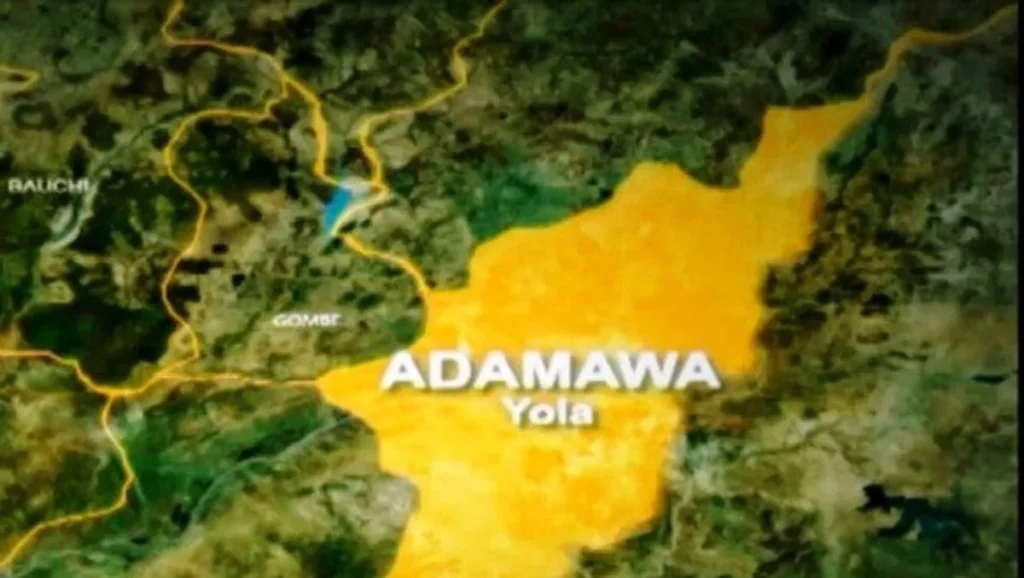THE Federal Government has swung into action following the outbreak of a strange flesh-eating disease that has claimed seven lives and infected dozens more in Malabu, a remote community in Adamawa State.
News Point Nigeria reports that Dr. Adesigbin Olufemi, Acting National Coordinator of the National Tuberculosis, Buruli Ulcer and Leprosy Control Programme, confirmed the development in an interview on Sunday in Abuja.
According to him, as of September 10, there were 67 confirmed cases, with eight severely affected patients already undergoing surgical treatment at the Modibbo Adama University Teaching Hospital, Yola.
“These patients are currently receiving surgical interventions with full support from the government. We are leaving no stone unturned in ensuring they get the best care,” Olufemi assured.
The mysterious disease, which has thrown Malabu residents into fear, reportedly begins with a painless boil. The boil later bursts, progressively eating away flesh, and in severe cases, damages underlying bone structures.
While investigations are ongoing, medical experts strongly suspect Buruli Ulcer, a neglected tropical disease caused by Mycobacterium ulcerans, a bacterium commonly found in swampy or stagnant water environments.
“Nobody is yet 100 percent certain how it is transmitted,” Olufemi said. “Some theories suggest that water-dwelling insects such as mosquitoes or water fleas may transmit the bacteria when they bite.”
Olufemi praised the swift intervention of the Adamawa State Government, working in partnership with federal health authorities and REDAID Nigeria, a non-governmental organisation that arrived on-site on September 14 to support emergency medical response.
Mild cases are being managed at local health centres, while severe patients are being transported to Yola for advanced treatment, including surgical procedures.
One of the biggest challenges facing health officials is community sensitisation. Many residents initially attributed the disease to witchcraft, causing delays in seeking professional medical help.
“Public awareness is critical,” Olufemi said. “People must know this is a treatable medical condition and not a spiritual attack. The earlier they present themselves at a health centre, the better the chances of saving lives and limbs.”
Malabu, a rural settlement located two hours away from Yola, is plagued by poor road access, making swift emergency response and supply of medical resources difficult.
Olufemi noted that long-term solutions must go beyond treatment: “Health security in such communities requires clean water, sanitation, and improved infrastructure. If people had access to pipe-borne or borehole water, they wouldn’t need to fetch water from stagnant rivers where the bacteria thrives.”
The World Health Organisation (WHO) recognises Buruli Ulcer as one of the world’s most neglected tropical diseases, mostly affecting rural, riverine populations with little access to healthcare. Without treatment, the disease can lead to severe deformities, permanent disability, and social stigma.
Olufemi assured Nigerians that federal and state authorities remain fully committed to containing the outbreak, treating affected persons, and preventing further spread.







